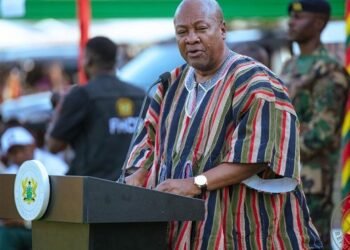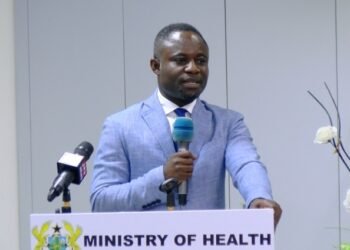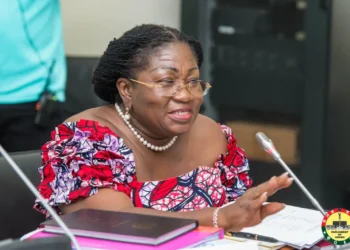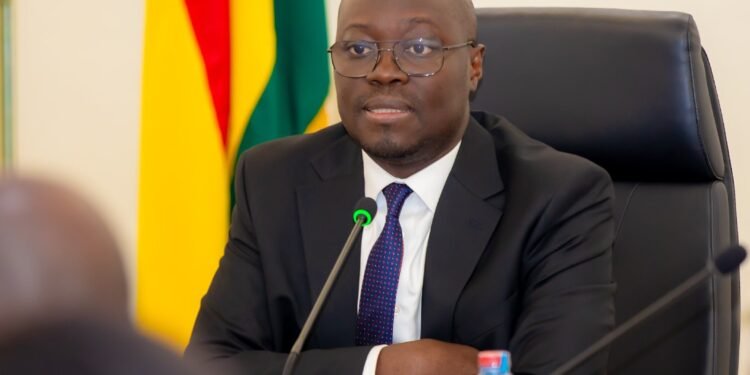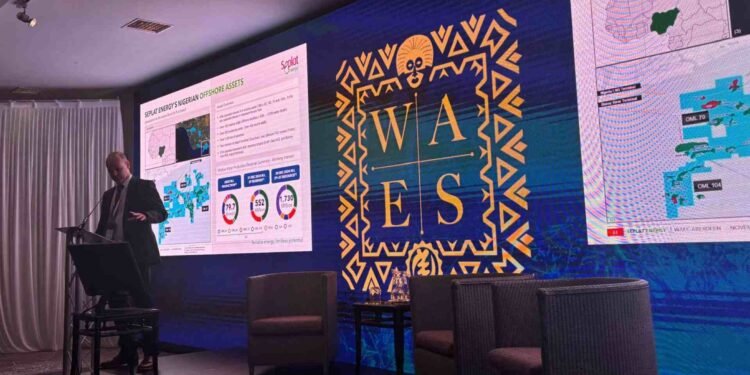Dr. Justice Srem-Sai has provided further insight into the Court of Appeal’s argument for acquitting and dismissing Hon. Cassiel Ato Forson and Mr. Richard Jakpa in the ambulance procurement case.
Dr. Srem-Sai noted that the Attorney General’s struggle to understand the implications of a Letter of Credit (LC) in the case was evident from his phone conversation with Mr. Jakpa.
Dr. Srem-Sai observed that the central question in the case was whether the creation of a Letter of Credit (LC) amounts to actual payment, and if so, whether the person who authorized the LC can be deemed to have made the payment.
“This issue is relevant because the person who made the payment is the person who caused the alleged financial loss. The Court of Appeal held that an LC is a guarantee that is redeemable (becomes payable) only when the conditions in it are satisfied”.
“So, it is the person who certifies that the conditions are satisfied (not the person who authorizes the LC’s establishment) who made the payment. In this case, it appears that that person should be in the Ministry of Health (rather than in finance). You’ll find this analysis in paragraphs 73 to 76 of the Judgment”.
Dr. Justice Srem-Sai
Dr. Srem-Sai further noted that the type of allegation made was crucial in assessing the Evidence Of Non-Authorization, and played a pivotal role in the court’s examination.
He pointed out that the Attorney General alleged that Dr. Forson, in his capacity as Deputy Minister, exceeded his authority by writing to the Bank of Ghana to establish the Letter of Credit without obtaining prior authorization from the substantive Minister, Mr. Terkper.
According to Dr. Srem-Sai, the appeal hinges on the question of who, the Attorney General or Dr. Forson, has the responsibility to prove that Dr. Forson was not authorized by Mr. Terkper.
He concurred with the Court’s decision, emphasizing that the burden of proof lies with the accuser.
Dr. Srem-Sai argued that it is illogical to accuse someone of acting without authorization and then shift the responsibility to the accused to prove their authorization when the accuser has the means to prove otherwise.
He maintained that the record, however, shows that the AG did not prove what he alleged, stressing that the AG never called Mr. Terkper to testify, even though Mr. Terkper is still alive and could have been called to testify.
Liability Requires Direct Causal Link
Furthermore, Dr. Justice Srem-Sai emphasized that in order to be held liable for causing financial loss under the contract, Mr. Jakpa’s actions must have played a direct role in the transaction that resulted in the loss.
He observed that this will ultimately result in pinpointing the specific parties bound by the obligations stipulated in the ambulance supply contract.
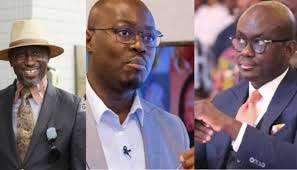
“The more specific question, however, is – did Mr. Jakpa have any obligations under the contract? To begin, Mr. Jakpa was not a party to the contract. He was an agent of a company called Big Sea. It is Big Sea that has an obligation under the contract. Even though this could have ended the matter, it did not – the issue went beyond this”.
“There was a renegotiated “roadmap” in 2016 under the NDC government where it was agreed between the Ministry of Health and Big Sea that steps be taken to remedy the defects in the ambulances. Again, Mr. Jakpa had no obligations under this roadmap either”.
Dr. Justice Srem-Sai
Dr. Srem-Sai further contended that it was the Ministry of Health (MOH), not Big Sea or Mr. Jakpa, that failed to fulfill its commitments, as a party, outlined in the roadmap.
Accordingly, Dr. Srem-Sai observed that the Court of Appeal found no evidence in the records to suggest that Mr. Jakpa, who was not a party to the ambulance contract, was responsible for the alleged financial loss, particularly since the Attorney General declined to prosecute the actual party involved, Big Sea.
He also disputed the Attorney General’s claims of an unjust ruling, arguing that the Court of Appeal’s decision to uphold a “no case” submission does not mean that the evidence itself was flawed or contested.
He pointed out that, in this case, the evidence, although strong and unchallenged, still lacks the necessary components to fulfill all the criteria of the alleged offense.
Dr. Srem-Sai highlighted that the most significant obstacle to the Attorney General’s claim stems from his own improper interactions with Mr. Jakpa, which were so egregious that the trial judge felt compelled to suggest that the Attorney General recuse himself from the case.
“Here, the question is – if the A-G was genuinely confident in the quality or sufficiency of his evidence, what was he courting Mr. Jakpa for?” – Dr. Justice Srem-Sai
READ ALSO: CalBank Tops Trading Volume as GSE Sees Significant Decline in Activity





